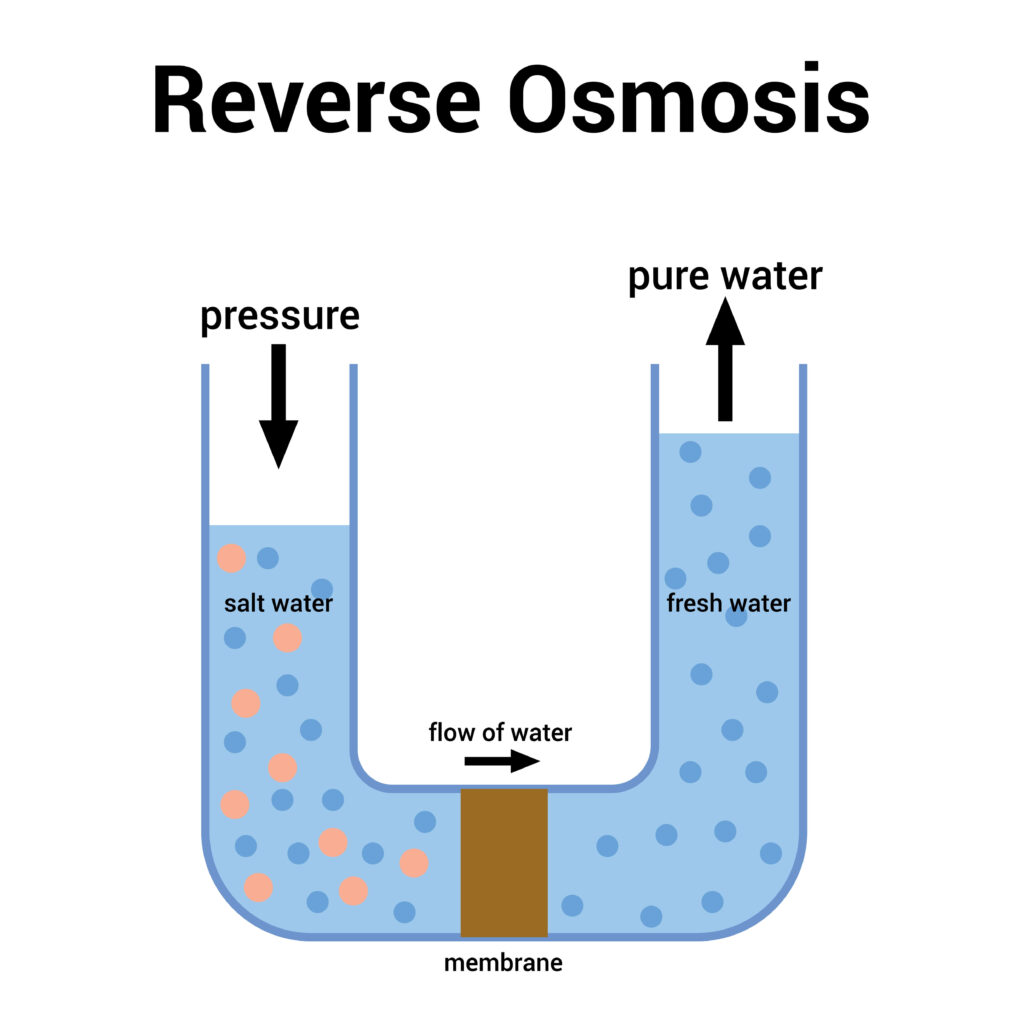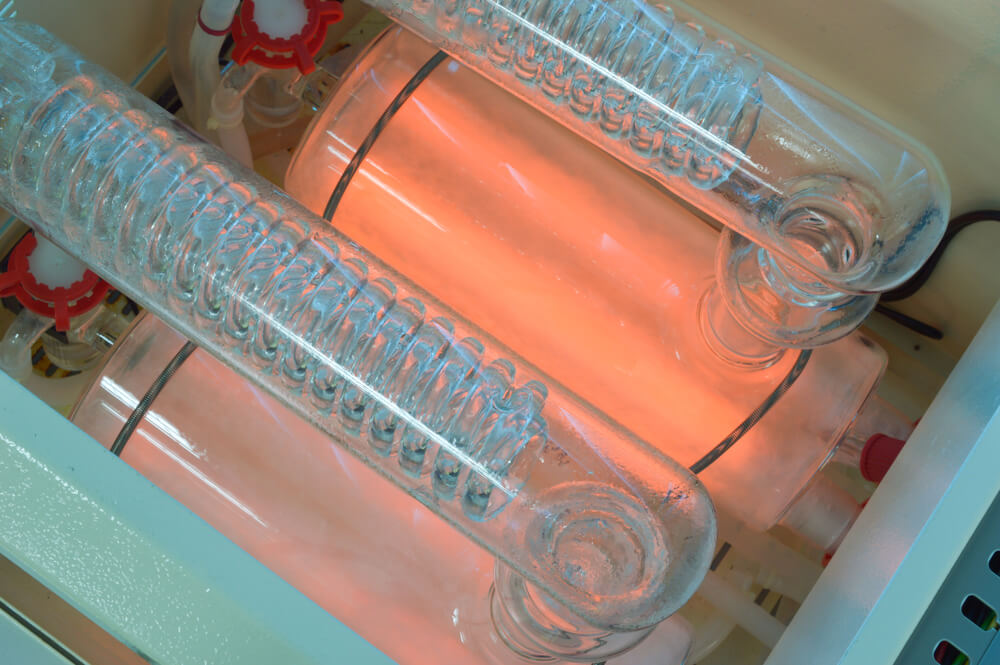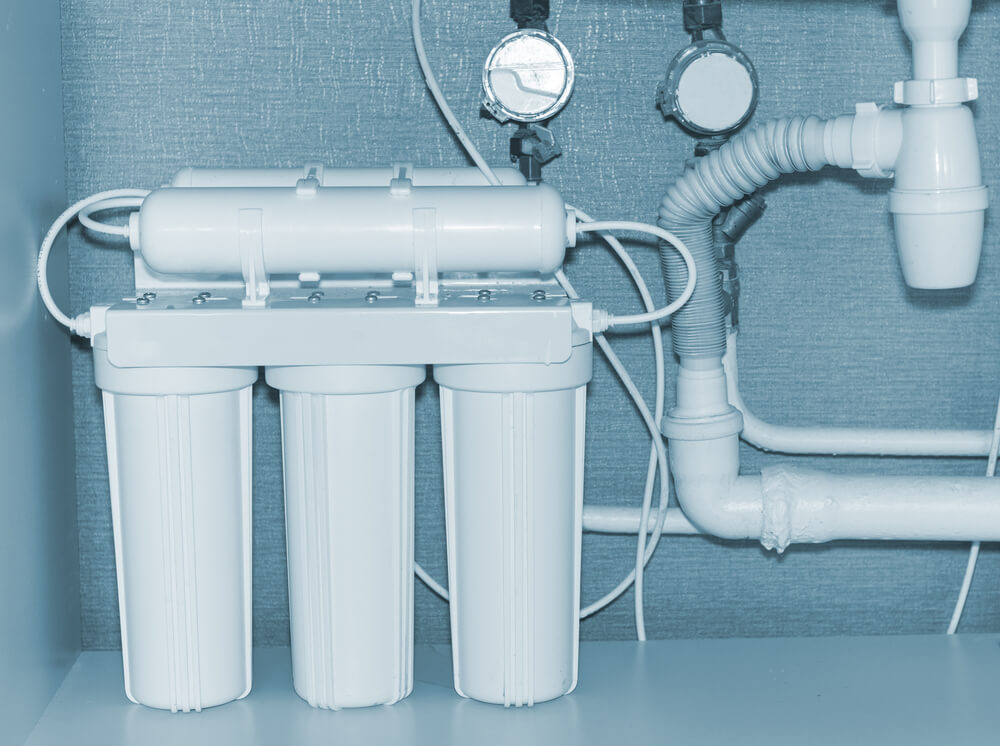Two methods often come up in the quest for pure, clean water: Reverse Osmosis (RO) and Distillation. Both promise to deliver high-quality water, but are they the same? Understanding the nuances is key to making an informed choice, whether for your home, boat, or any other application. In this article, we’ll break down the differences, weigh the pros and cons, and help you decide which method suits your needs best.
Can You Drink RO Water?
Yes, you can drink RO water, considered safe and clean for consumption. Reverse Osmosis (RO) water filtration removes many contaminants, including dissolved salts, bacteria, and other impurities, making it highly purified.
However, because the process also strips away essential minerals like calcium and magnesium, some people may find RO water to have a flat taste. Additionally, the lack of minerals might not be ideal for those relying on water as a mineral source. To counter this, many systems re-mineralize the water post-filtration. Overall, RO water is a great option for those seeking a higher water purity level.

What is RO Water?
Reverse Osmosis (RO) is a water purification process that uses a semi-permeable membrane to remove ions, molecules, and larger particles from drinking water. Water is forced through the membrane during this process, leaving contaminants behind.
Safety and Benefits
RO water is generally safe to drink and offers several benefits:
- Removes Contaminants: RO systems can effectively remove contaminants, including bacteria, viruses, heavy metals, and even certain chemicals.
- Improves Taste: By removing impurities, RO water often tastes better than tap water.
- Versatility: RO systems can be used in homes, boats, and industrial applications.
Considerations
However, there are a few considerations to keep in mind:
- Mineral Removal: RO also removes essential minerals like calcium and magnesium. While this isn’t a deal-breaker, it’s something to consider.
- Waste Water: The RO process produces some wastewater, which may concern eco-conscious individuals.
RO Water vs. Distilled
The Distillation Process
Distillation involves boiling water to produce steam, which is then condensed into liquid form. This process leaves most contaminants behind but takes longer and requires more energy.

Key Differences
Purity Levels
- RO Water: Removes up to 99% of contaminants but may leave behind some dissolved gases.
- Distilled Water: Nearly 100% pure, as the boiling process eliminates almost all impurities.
Taste and Use
- RO Water: Often has a fresher taste and is suitable for daily drinking and cooking.
- Distilled Water: Tends to have a flat taste due to lacking minerals. It’s ideal for medical applications and household appliances like irons and humidifiers.
Cost and Efficiency
- RO Systems: Generally more economical to operate over time, especially with systems like those offered by Cruise RO Water and Power, which are designed for efficiency.
- Distillation: More energy-intensive and slower, making it less practical for high-volume needs.
The Best Water Filtration Systems
Both RO water and distilled water have their advantages and specific use cases. RO water is highly effective and economical for everyday drinking, cooking, and versatile use. Distilled water, however, is best suited for applications requiring near-total purity.
Cruise RO Water and Power offers top-of-the-line RO systems perfect for boats, yachts, and off-grid applications if you’re considering investing in a water purification system. Their systems are designed for reliability and efficiency, ensuring you get the highest-quality water wherever you are.
Ready to explore the best water purification options? Contact us at Cruise RO Water and Power to learn more and start today.



